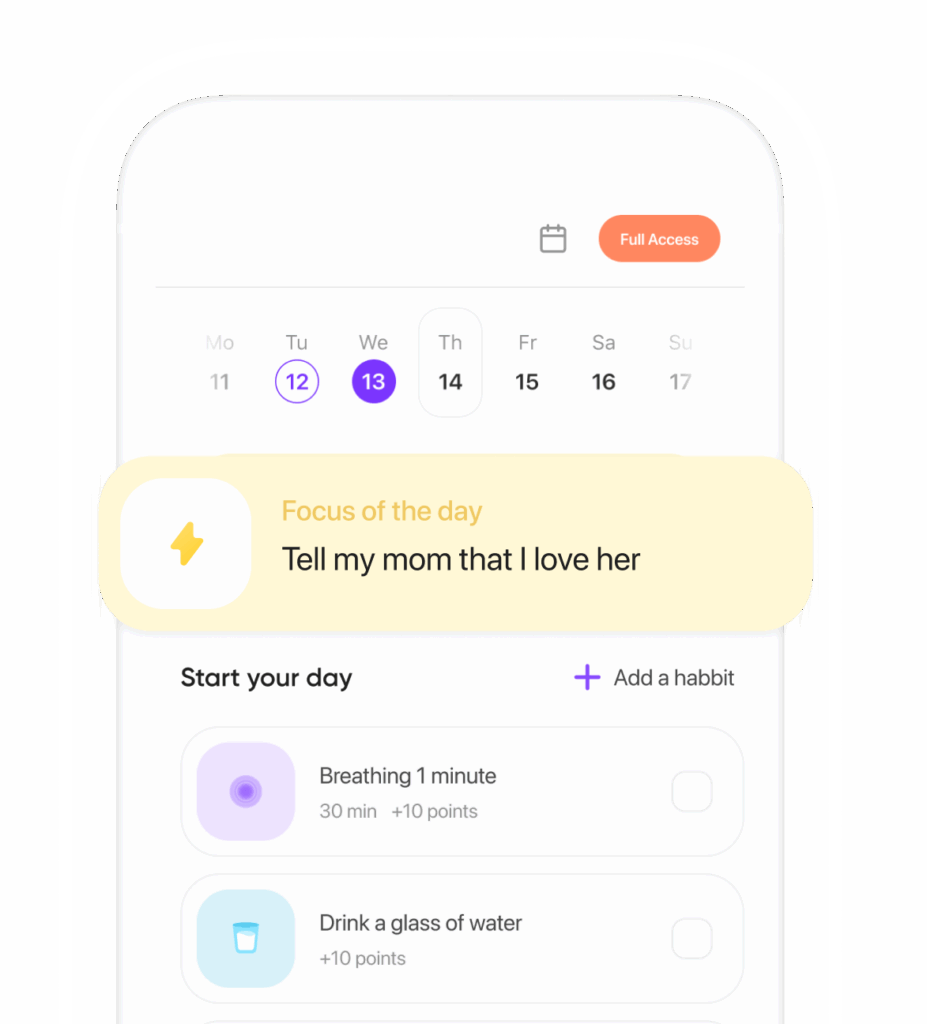Table of Contents
- Understanding Toxic Family Dynamics
- Signs of a Toxic Family
- Effects of Toxic Family Relationships
- Psychological Impact
- Breaking Free from Toxic Family Ties
- Establish Boundaries
- Seek Professional Help
- Build a Support System
- Practice Self-Care
- Confrontation and Communication
- Choose the Right Time and Place
- Use “I” Statements
- Be Prepared for Resistance
- When to Walk Away
- Coping with Guilt
- Conclusion
- References
Understanding Toxic Family Dynamics
Toxic interactions in families often arise from ingrained, unhealthy behaviors. Think about patterns like psychological manipulation, constant put-downs, neglect, or outright emotional abuse. In fact, a 2020 study in the Journal of Family Psychology found that toxic family settings can significantly increase the risk of anxiety, depression, and other mental health issues.
Signs of a Toxic Family
- Constant Criticism: When family members routinely belittle you, self-esteem can falter.
- Emotional Manipulation: Tactics like guilt-tripping, the silent treatment, or emotional blackmail are red flags.
- Lack of Support: Family should uplift, but toxic ones dismiss or trivialize your successes and feelings.
- Boundary Violations: Failing to respect personal limits—repeatedly and without apology—can be a major issue.
- Unpredictability: Erratic behaviors keep you in a state of constant alert, unsure what to expect next.
Seeing these signs might be your first inkling that something’s off in your family environment.
Effects of Toxic Family Relationships
Living in such toxic settings can have deep, lasting impacts. The American Psychological Association suggests that constant exposure to negativity can lead to the sort of chronic stress which eats away at cognitive function and even shortens lives. Plus, individuals might adopt harmful coping mechanisms, like substance misuse or self-harm.
Psychological Impact
The fallout from toxic family dynamics might look like this:
- Anxiety and Depression: The Psychological Medicine journal in 2019 linked toxic family environments to higher anxiety and depression rates.
- Low Self-Esteem: Continuous criticism or emotional harm can make negative self-views more entrenched.
- Trust Issues: Those who grow up in toxic families often find it difficult to trust others.
Breaking Free from Toxic Family Ties
Leaving behind toxic family relationships doesn’t always mean going no-contact, though sometimes it might. What can you do instead?
Establish Boundaries
Setting firm limits is key for your mental health’s sake. Maybe that means spending less time with certain family members, steering clear of specific topics, or making clear your needs for personal space.
Seek Professional Help
Therapeutic settings can offer a safe spotlight on your emotions and let you work on coping strategies. Cognitive-behavioral therapy (CBT) is particularly effective in re-routing negative thinking and improving emotional health.
Build a Support System
Start nurturing a support system outside your family. Friends, community groups, or other supportive circles can provide validation and understanding, which is vital.
Practice Self-Care
Don’t underestimate self-care when grappling with toxic families. Activities like mindfulness, exercise, or those hobbies you love—these can help soothe and strengthen. According to research in the Journal of Health Psychology, regular self-care practices can tamp down stress and elevate mood.
Confrontation and Communication
If tackling issues head-on feels right, here are some thoughts:
Choose the Right Time and Place
Aim for discussions when emotions aren’t charged and pick a neutral spot where comfort reigns.
Use “I” Statements
Share how you feel without pointing fingers. For instance, “I feel hurt when my successes are ignored” has more impact than accusative “You always ignore my achievements.”
Be Prepared for Resistance
Expect pushback; toxic family members might resist change or deny bad behavior. Staying calm and breaking from escalating arguments is crucial.
When to Walk Away
In certain cases, stepping away from toxic relationships could be best for your mental health. This is a personal, often difficult decision, but one that can be essential. A study from the University of California, Berkeley, discovered that cutting ties with toxic family led to improved mental health and greater life satisfaction for many.
Coping with Guilt
Guilt is natural when leaving family ties behind. But prioritizing mental health isn’t selfish—it’s necessary. Engaging with support groups of others facing similar paths can bring reassurance and acceptance.
Conclusion
It’s no small task to deal with a toxic family, but identifying the signs, grasping the effects, and acting to protect your emotional well-being can lead to a healthier life. Remember, professional support and a strong network can make a significant difference. Breaking free is part of your journey to discovery and healing.
And in the end, your mental health and happiness reign supreme. Don’t shy away from seeking help and putting your well-being first. You deserve a life filled with support, love, and positivity.
References
- “Family Dynamics and Mental Health: The Role of Toxic Relationships.” Journal of Family Psychology, 2020.
- “Psychological Effects of Toxic Family Environments.” Psychological Medicine, 2019.
- “The Importance of Self-Care in Stress Reduction and Well-Being.” Journal of Health Psychology.
- “Severing Ties with Toxic Family Members and Mental Health Outcomes.” University of California, Berkeley.
Take the first steps toward a happier, healthier life. Embrace change and seek support now.
Ready to transform your life? Install now ↴
Join 1.5M+ people using AI-powered app for better mental health, habits, and happiness. 90% of users report positive changes in 2 weeks.
